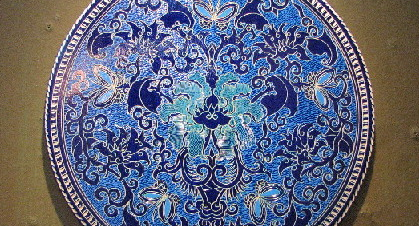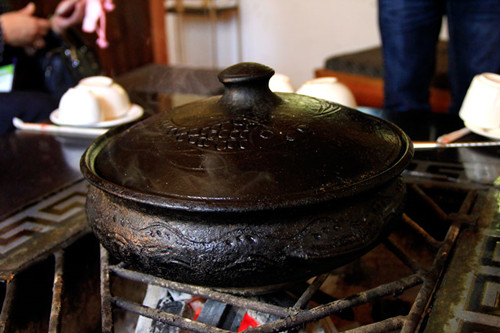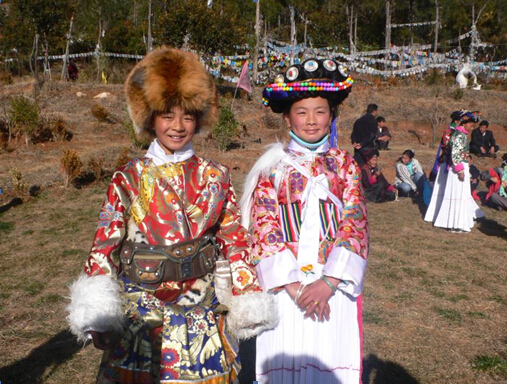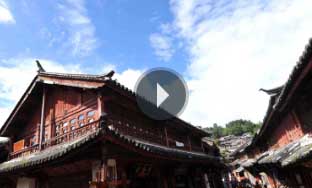Yunnan's pristine lake sparkles as people make new efforts to protect it
(China Daily)
"Ever since it became a hot spot, hotels, restaurants and bars have been built everywhere, some of which discharged large quantities of waste directly into the lake, threatening its ecology," she said. "Excessive human activity has disrupted the harmonious balance between humans and nature."
To protect the lake, the central government and Yunnan provincial authorities have implemented a series of measures to restore its lost splendor.
Buildings within a radius of 80 meters of the lake began to move out last year, and ecological rehabilitation has been undertaken. The 160 households in the radius are expected to be relocated to areas with similar geographical conditions and cultural atmosphere by the end of this year.
"We understand the policy. Only when Lugu Lake is well protected can we develop a sustainable tourism industry," Naka Drolma said.
Lijiang has built 45 kilometers of pollution collection facilities along the banks of the lake, capable of treating about 4,000 metric tons of wastewater daily.
Around 13.5 square kilometers along the shore have been restored, and more than 133 hectares of trees and shrubs have been planted.
In January, Yunnan and Sichuan issued a joint environmental protection plan for the lake, establishing a joint patrol and supervision system and a "lake chief" mechanism. The chief's responsibilities include water protection, pollution prevention and control and ecological restoration in the basin.
These joint efforts have already begun to pay off. Water quality in the lake has been maintained at Grade I for years - the highest level in China's water grading system.
"The protection of Lugu Lake needs persistence. It's not only the treasure of Lijiang, but also nature's precious gift to mankind. Everyone is responsible for protecting it and making it better," administrator Ruan said.





